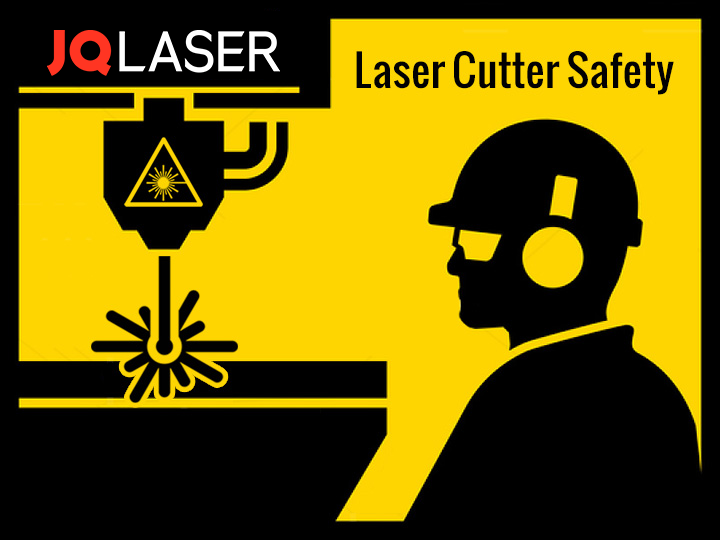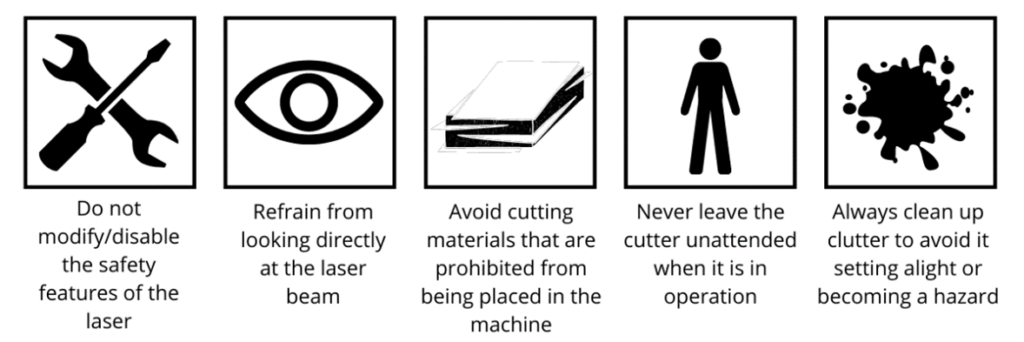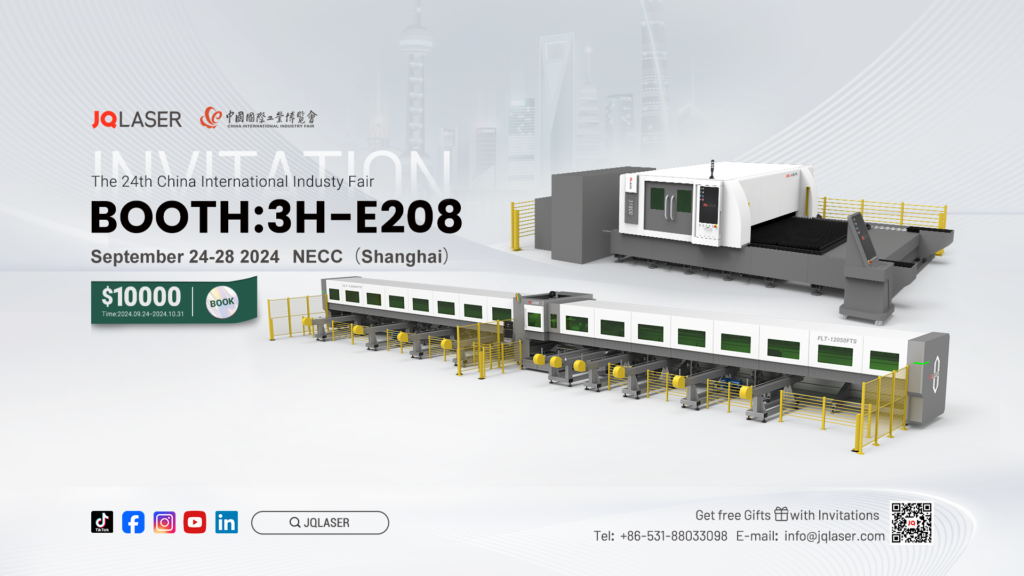The Importance of Laser Cutting Safety

Laser cutting is a highly efficient and versatile technology used in various industries, from manufacturing to art. However, the importance of laser cutting safety cannot be overstated. Ensuring a safe working environment is crucial to prevent accidents and health hazards associated with laser operations.Laser cutting involves high-powered lasers that can pose significant risks if not handled properly. These risks include eye injuries, skin burns, and respiratory issues due to fumes and particulates. Therefore, implementing comprehensive safety measures is essential to protect workers and maintain a safe workspace.
Laser Cutting Safety Information
| Aspect | Detalhes |
|---|---|
| Eye Protection | Use laser safety goggles appropriate for the laser’s wavelength. |
| Ventilation | Ensure proper ventilation to remove harmful fumes and particulates. |
| Training | Provide thorough training for all operators on machine use and safety protocols. |
| Signage | Display clear warning signs in areas where laser cutting is performed. |
| Emergency Protocols | Establish and communicate emergency procedures for accidents. |
Laser cutting safety is not just about compliance with regulations; it is about creating a culture of safety that prioritizes the well-being of all employees. This includes regular safety audits, maintenance of equipment, and continuous education on new safety practices.
Understanding the Risks

The risks associated with laser cutting are multifaceted. The laser beam itself can cause serious injuries, while the process can also generate hazardous fumes and particulates. These byproducts can lead to respiratory problems if inhaled over time. Additionally, improper handling of materials can result in fires or explosions.To mitigate these risks, it is vital to use appropriate personal protective equipment (PPE), such as safety goggles and gloves. Moreover, ensuring that the laser cutting area is equipped with adequate ventilation systems can significantly reduce the exposure to harmful substances.
The Role of Management
Management plays a crucial role in fostering a safe working environment. By prioritizing safety and allocating resources for safety measures, management can demonstrate their commitment to employee well-being. This includes investing in high-quality safety equipment, providing comprehensive training, and encouraging open communication about safety concerns.
The Importance of Laser Cutting Safety in Exhibitions
Exhibitions, such as tradeshows, are platforms where the latest in laser cutting technology is showcased. However, these events also highlight the need for stringent safety measures. At tradeshows like FABTECH, safety concerns often arise due to the high volume of equipment and the presence of untrained personnel. Ensuring laser safety at these events is crucial to prevent accidents and demonstrate best practices in the industry.Safety Concerns at Exhibitions:
- Missing Safety Features: Some machines lack essential safety components, such as laser safety glass, which is crucial for containing infrared light within the cutting chamber.
- Improper Practices: Instances where machines operate with enclosure doors open or ventilation systems are not correctly connected pose significant risks.
- Regulatory Compliance: Exhibitors are required to adhere to ANSI recommendations for laser safety. Non-compliance can result in machines being shut down during the exhibition.
Training and Education
Training is a cornerstone of laser cutting safety. Operators must be well-versed in the safe operation of laser equipment, including understanding the risks and the necessary precautions. Regular safety training sessions should cover:
- Types of Lasers and Their Hazards: Understanding the specific dangers associated with different laser types.
- Personal Protective Equipment (PPE): Proper use of safety glasses and other protective gear.
- Emergency Procedures: How to respond in case of an accident or equipment malfunction.
Regulatory Standards and Compliance
Compliance with regulatory standards, such as ANSI Z136.1, is essential for maintaining safety in laser cutting operations. These standards provide guidelines on:
- Laser Safety Programs: Establishing comprehensive safety programs tailored to specific operational needs.
- Risk Assessments: Conducting thorough hazard assessments to identify potential risks and implement appropriate control measures.
- Documentation and Record Keeping: Maintaining records of safety training, equipment maintenance, and incident reports.
The Role of Technology in Enhancing Safety
Advancements in technology have significantly improved laser cutting safety. Modern laser cutting machines are equipped with features designed to enhance safety, such as:
- Automatic Shutdown Systems: These systems automatically shut down the machine in case of a malfunction or safety breach.
- Enhanced Enclosures: Improved machine enclosures that prevent laser beam exposure and contain any potential hazards.
- Advanced Ventilation Systems: Proper ventilation systems that reduce the risk of fire and ensure a safe working environment.
Related exhibition

Go and check the details: EuroBlech

Go and check the details: The 24th China International Industry Fair
Conclusão
The importance of laser cutting safety cannot be overstated. It is a critical component of operations that protects workers, equipment, and the overall efficiency of the business. By implementing comprehensive safety measures, adhering to regulatory standards, and investing in training and technology, industries can ensure a safe and productive environment for laser cutting operations.

